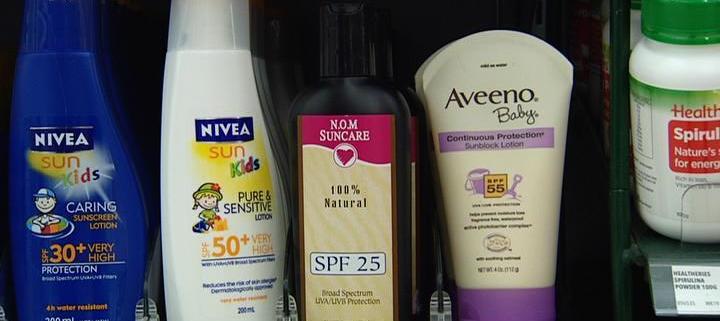Sunscreen may reduce male fertility by 30%. Are there safe sunscreens?
Summer is just around the corner. Kiwi guys should watch out what kind of sunscreen you are going to use.
The researchers studied 501 couples that were trying to conceive. They followed the couples until pregnancy or up to one year of trying. The aim was to record the time it took for the women to become pregnant. Researches tested participants’ urine samples and measured concentrations of UV filters associated with endocrine-disrupting activity. There are 29 chemicals commonly used as UV filters in sunscreens and beauty products. Researches were testing only for 5.
The findings of this study suggest that some UV filters used in creams may be associated with reduced fertility in men. The researchers observed delayed fertility among couples with male’s the highest exposure to UV filters called BP-2 (Benzophenone-2 or 2,2′,4,4′-tetrahydroxybenzophenone) or 4OH-BP (4-hydroxybenzophenone). Male fertility was reduced by 30%.
Thou the same effect was not observed with the females. Interestingly in 2012 it was discovered that high concentrations of another UV filter – 2,4 OH-BP (2,4-dihydroxybenzophenone) in women were associated with endometriosis.
Dr Luis, the leading researcher, recommends to use sunscreen without benzophenone UV filters or to wash cream as soon as you return indoors.
For consumers it will be a tricky task to find safe sunscreen. The list of the ingredients on packing is almost to impossible to read without PhD in chemistry. If you are trying to conceive, we recommend to avoid sunscreens that has any variation of “benzophenone” on it. Or even better use large hats, wear long sleeved T-shirts, long light trousers or stay in a shade.
Enviromental Working Group been doing research for number of years to find out which sunscreens are safe(r)or has less negative effects. On there website you can search for sunscreens by brand. Find out more about it here.



